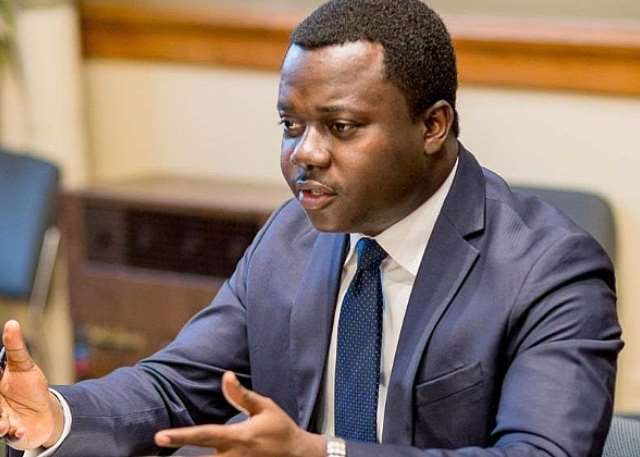The suspension of Chief Justice Gertrude Esaaba Torkonoo by President John Dramani Mahama has ignited a firestorm of controversy in Ghana, with accusations of political maneuvering and a blatant disregard for judicial independence taking center stage. Reverend John Ntim Fordjour, Member of Parliament for Assin South, has emerged as a vocal critic of the President’s decision, denouncing it as a politically motivated attempt to install a more compliant Chief Justice. This move, according to Fordjour, undermines the very foundations of Ghana’s democracy and sets a dangerous precedent for the future.
Fordjour argues that the reasons cited for the Chief Justice’s suspension, pending the outcome of a committee inquiry, are flimsy and lack substance. He believes the President’s actions stem from personal dislike and a desire to control the judiciary, a critical pillar of a functioning democracy. This alleged attempt to manipulate the judicial system, Fordjour contends, poses a grave threat to the integrity of Ghana’s democratic institutions and could have far-reaching consequences. The MP’s stance highlights the tension between the executive and judicial branches of government, a delicate balance crucial for upholding the rule of law.
The MP’s critique extends beyond the immediate implications of the Chief Justice’s suspension. He draws parallels to historical precedents, cautioning against repeating past mistakes where leaders have removed Chief Justices based on personal vendettas rather than legitimate grounds. While acknowledging that President Mahama may not be the first to take such a drastic step, Fordjour emphasizes that this does not justify the action, nor does it diminish the potential harm it inflicts on the country’s democratic principles. He portrays the suspension as a stain on the President’s legacy and a departure from the ideals of good governance.
Furthermore, Fordjour’s condemnation of the President’s actions is interwoven with a broader critique of his leadership. He references other controversial decisions made during the President’s first 120 days in office, including what he describes as unfair job terminations, the alleged harassment of political opponents, the resurgence of power outages (dumsor), and accusations of cocaine trafficking and money laundering. By linking the suspension of the Chief Justice to these other contentious issues, Fordjour paints a picture of a presidency characterized by authoritarian tendencies and a disregard for due process.
Fordjour’s impassioned plea for resistance extends beyond the political arena. He calls upon civil society organizations, faith-based institutions, the diplomatic community, and all well-meaning Ghanaians to actively oppose what he terms a “vindictive and destructive course.” This call to action underscores the importance of civic engagement in safeguarding democratic values and holding political leaders accountable. Fordjour frames the situation as a critical juncture for Ghana, urging citizens to stand up for the principles of justice and fairness before it’s too late. He warns against complacency and emphasizes the collective responsibility to protect the country’s democratic future.
In essence, the suspension of Chief Justice Torkonoo has become a flashpoint, bringing to the forefront concerns about the separation of powers, judicial independence, and the overall health of Ghana’s democracy. Reverend Ntim Fordjour’s outspoken criticism serves as a rallying cry for those who believe the President’s actions represent a dangerous overreach of executive power. His words reflect a deep concern for the future of Ghana and a determination to uphold the principles of democratic governance. The unfolding situation and the public’s response will undoubtedly shape the political landscape and determine the trajectory of Ghana’s democratic journey.














